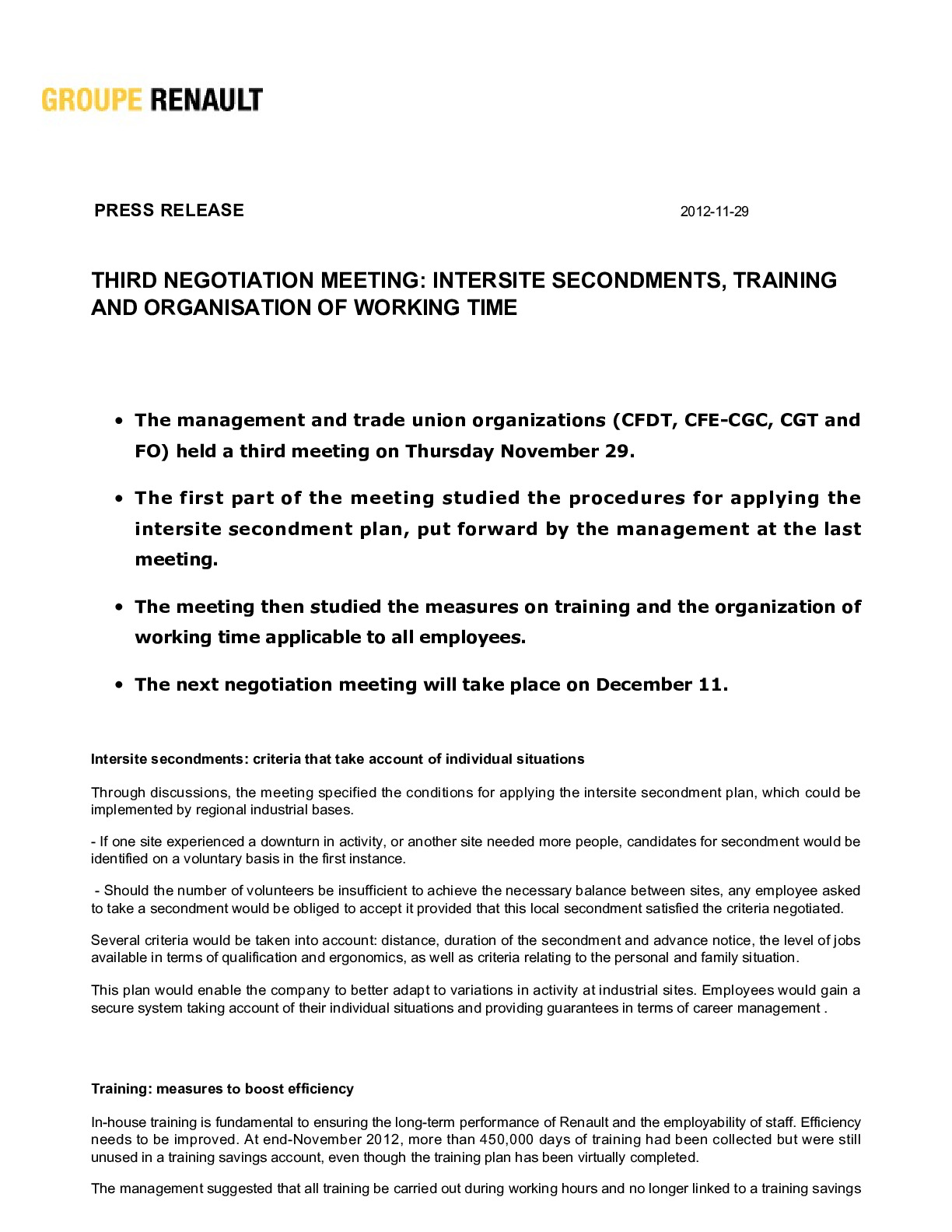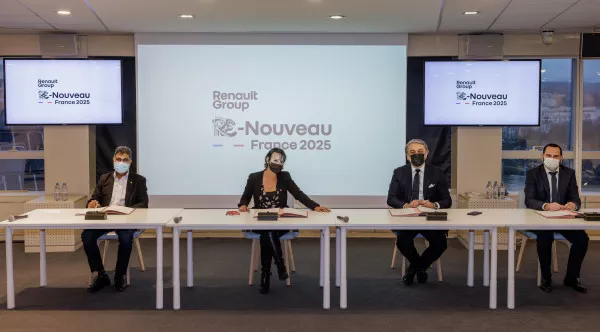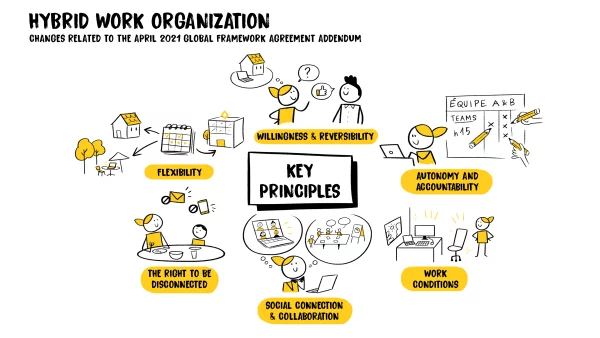Third negotiation meeting: intersite secondments, training and organisation of working time
29 November 2012 15:30
-
The management and trade union organizations (CFDT, CFE-CGC, CGT and FO) held a third meeting on Thursday November 29.
-
The first part of the meeting studied the procedures for applying the intersite secondment plan, put forward by the management at the last meeting.
-
The meeting then studied the measures on training and the organization of working time applicable to all employees.
-
The next negotiation meeting will take place on December 11.
Intersite secondments: criteria that take account of individual situations
Through discussions, the meeting specified the conditions for applying the intersite secondment plan, which could be implemented by regional industrial bases.
- If one site experienced a downturn in activity, or another site needed more people, candidates for secondment would be identified on a voluntary basis in the first instance.
- Should the number of volunteers be insufficient to achieve the necessary balance between sites, any employee asked to take a secondment would be obliged to accept it provided that this local secondment satisfied the criteria negotiated.
Several criteria would be taken into account: distance, duration of the secondment and advance notice, the level of jobs available in terms of qualification and ergonomics, as well as criteria relating to the personal and family situation.
This plan would enable the company to better adapt to variations in activity at industrial sites. Employees would gain a secure system taking account of their individual situations and providing guarantees in terms of career management .
Training: measures to boost efficiency
In-house training is fundamental to ensuring the long-term performance of Renault and the employability of staff. Efficiency needs to be improved. At end-November 2012, more than 450,000 days of training had been collected but were still unused in a training savings account, even though the training plan has been virtually completed.
The management suggested that all training be carried out during working hours and no longer linked to a training savings account. It agreed to maintain and develop the quality and diversity of training plans.
In this case, the mechanism through which days are added to the training time savings account would no longer be applicable.
At the same time, employees would be able to take advantage of training outside working hours, as part of an individual training entitlement that would become applicable within the company, in line with branch provisions (annual entitlement of 20 hours for employees on full-time permanent contracts).
At the same time, the management suggested working with trade unions through the existing entities to reinforce and improve the training offering.
Organisation of working time: proposals to limit the number of days saved and encourage staff to take time off
A number of proposals were made concerning the organization of working time. The management noted that the days saved by employees through their individual time accounts are not used in full. At end-November 2011, almost 1.5 million days had been saved.
To maintain the home-work balance that is essential to individual efficiency, the management restated the need for staff to take their holidays during the year (annual leave, seniority leave, individual time accounts, etc.).
The management made the following proposals:
- the number of days saved but not used in individual time accounts would be limited to ten days maximum.
- To manage flexibility more effectively, the number of collective days saved would also be restricted, with an upper and lower limit (plus or minus ten days).
At the same time, these proposals on the time savings and training savings accounts would have a positive impact in the longer term on the company’s financial situation. Doing away with one type of account and capping the other would make a positive contribution to operating margins, as these accounts require financial provision.
The next negotiation meeting will be held on Tuesday December 11.
Sur le même sujet








